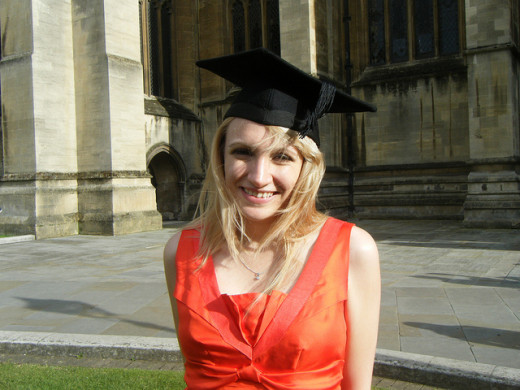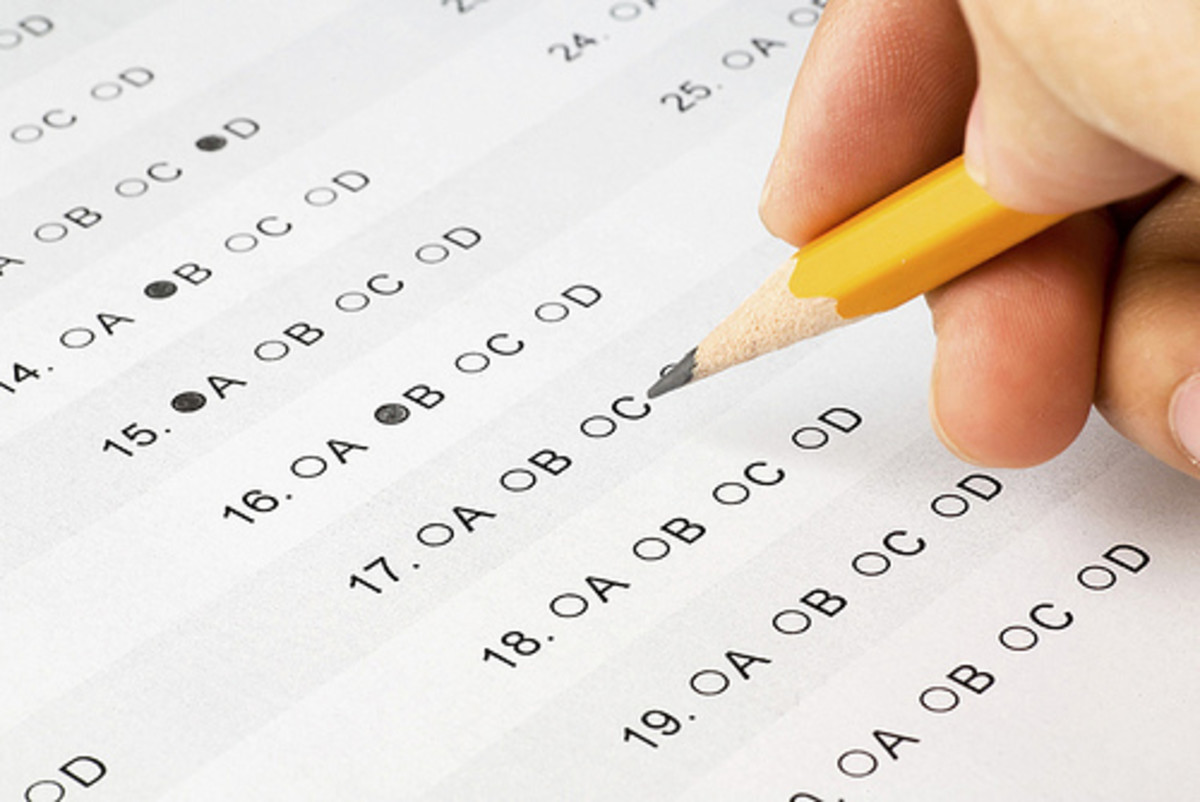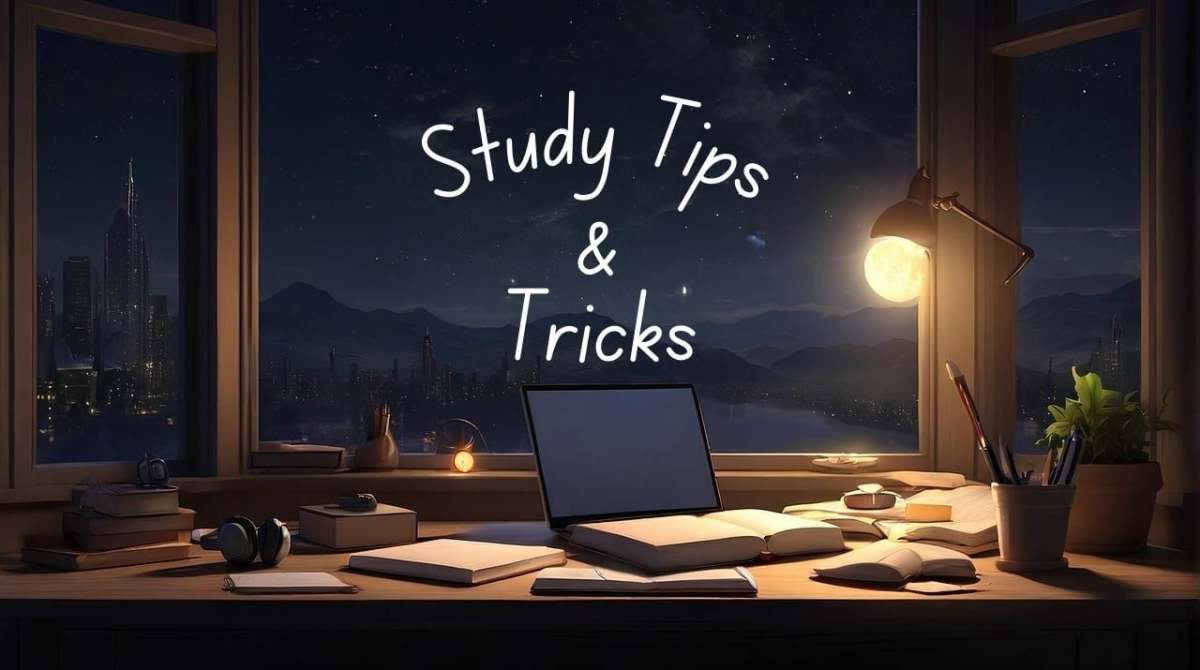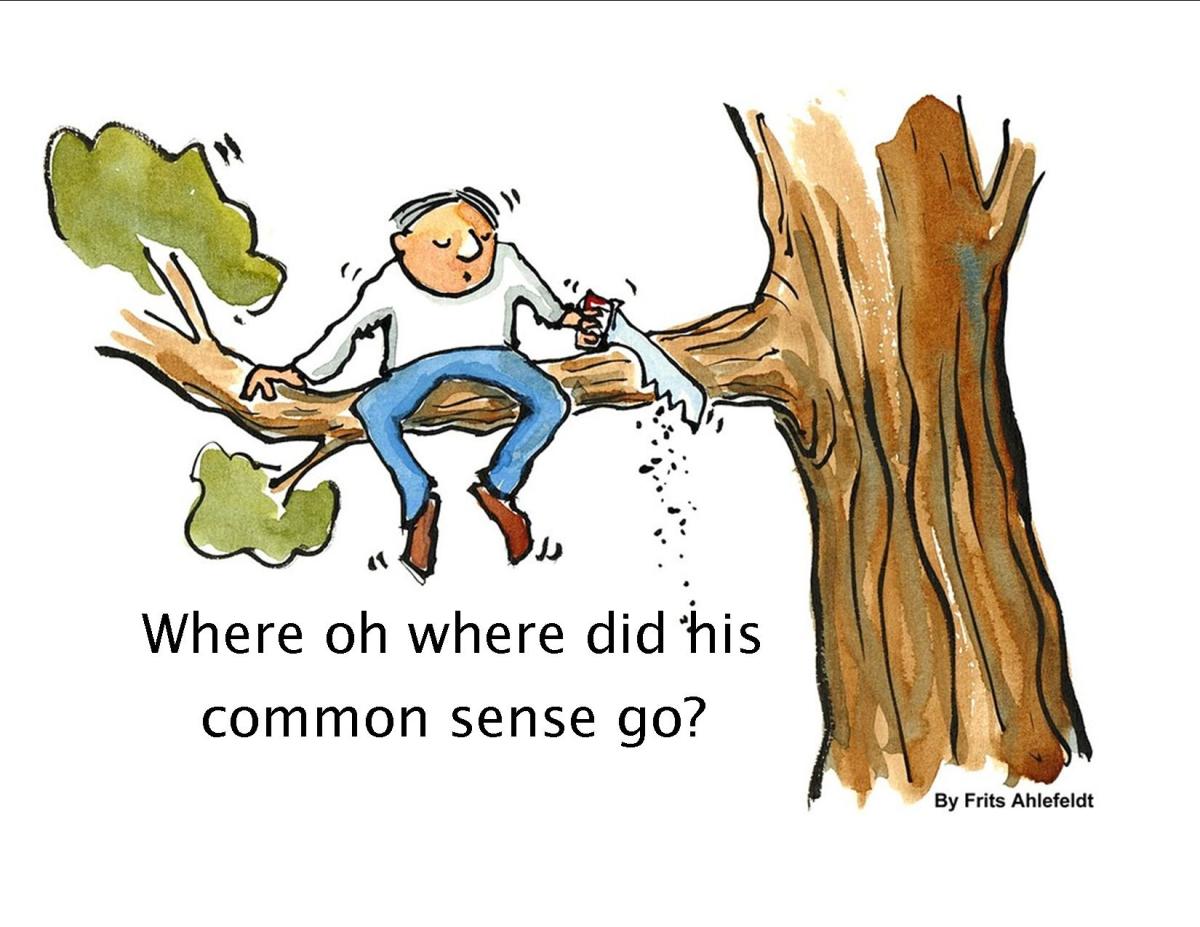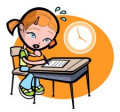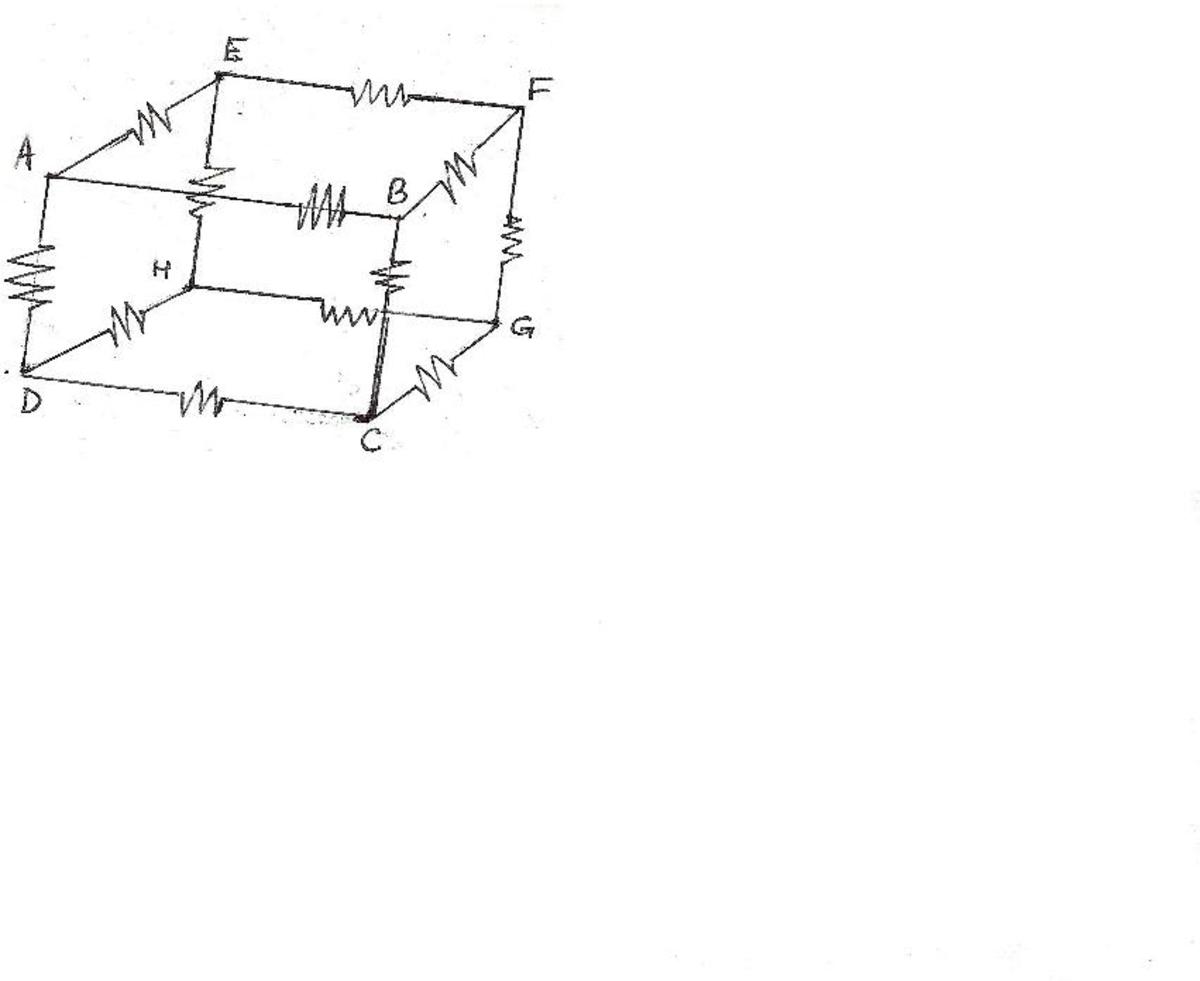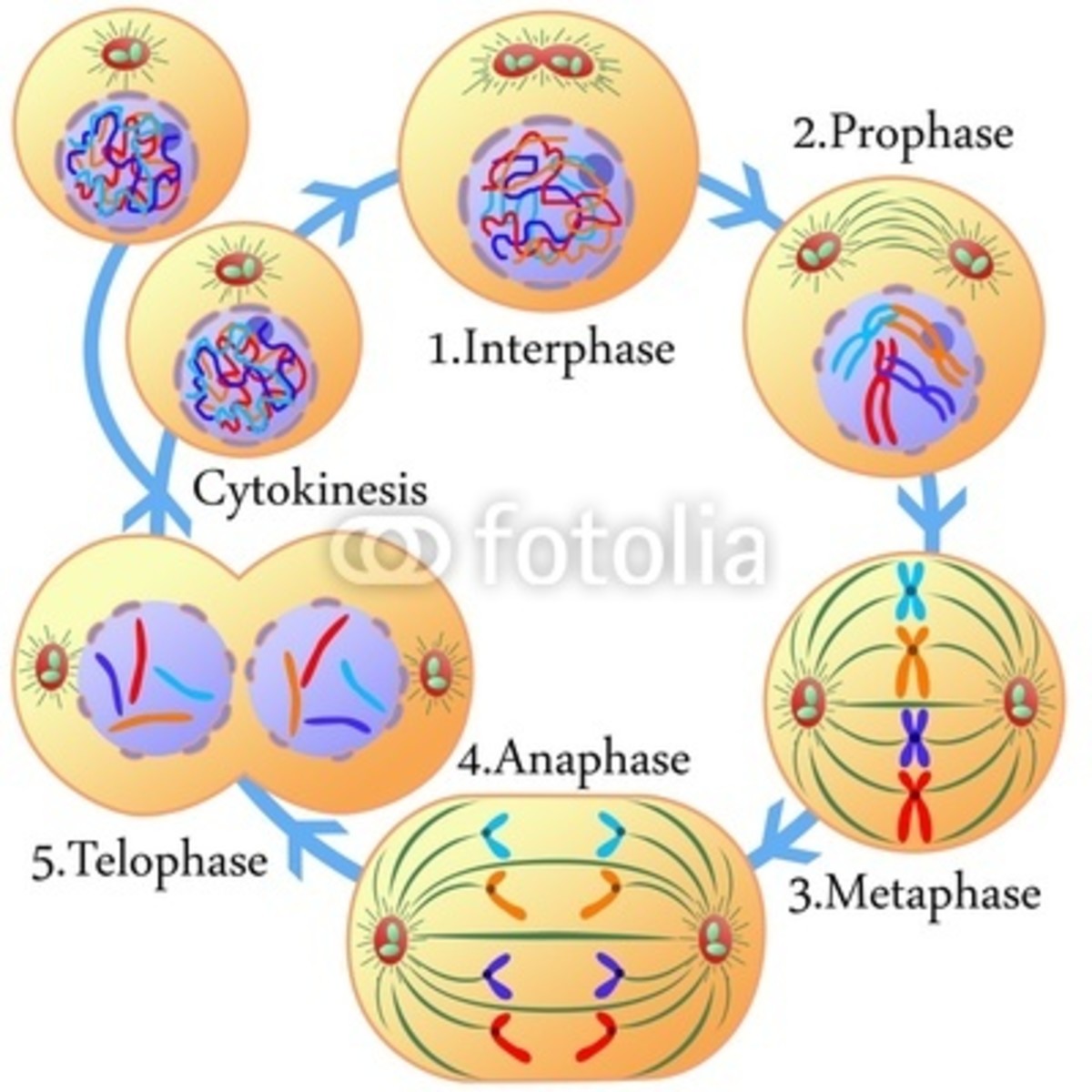How To Study Effectively For Exams And Tests

Many people work hard at studying but some people are more effective than others. It's not how many hours you study that really count. Regular short periods of effective study using smart techniques will give better results than long hours of chaotic study. This article explores a number of tried an tested methods that will ensure that you get the most from each minute of studying. There are a few common sense rules to follow and a then a few more advanced techniques that will give you a distinct advantage over the vast majority of your fellow students.
Common Sense
Common sense is not a common attribute, so applying just a little thought and common sense will put you at an advantage. Here are a few basic tips:
- Start studying seriously as soon as you can. Everyone's time is limited, if you have one year before your exam make the full use of the whole year.
- Find a place to study that is quiet and peaceful and where you are not likely to be interrupted.
- Make sure that you get all the course material as soon as you can
- Set achievable targets. How many exams can you effectively study? Would it be more effective sit less exams?
- Schedule regular study times. Make sure that these times cannot be compromised by other calls on your time.
Repetition, Repetition, Repetition
Repetition is an extremely powerful method for fixing facts, figures and techniques in your long term memory. The phrase "a stitch in time saves nine" very much applies. Research has shown that this pattern of repetition is particularly effective:-
- Study a subject for say 45 minutes
- Take a break for 10 minutes and then summarize what you have learned, using notes, or, if you prefer, a mindmap (see below)
- Revise one day later
- Revise one week later
- Revise one month later
- Revise 6 months later
This process locks what you have learned into your long term memory. It is particularly important for difficult techniques (for example a challenging maths problem) that you struggle to understand. In order to use this technqiue, you do have to be organised. Buy a large diary (one day per page) and while you are making your first notes/mindmap schedule when you are going to revise them.
At first glance this may seem like a lot of work, but consider the alternative. Many people learn, perhaps make a few notes and then move onto the next subject, only returning to what they have already learned at revision time. By this time they will have forgotten most of what they had already learned. If the subject is a difficult technique they might have to get help from their teacher to master it again. How much more efficient to revise a few times while the subject is fresh.
The other advantage of this technique is that gives the student a feeling of confidence and of being in control. It also avoids the awful panicky feeling as exams loom closer.
How To Study Effectively- Mindmaps
Mindmaps are a very effective way to make notes about any topic. The use of color and the ability to make associations between different thoughts is very powerful. You start with the main topic of your lesson and then draw branches out for each sub-topic, using keywords, colors, pictures and diagrams wherever possible. Many students makes notes in classes or lectures using mindmaps rather than the traditional, linear notes.
Mindmaps are particularly suited to the repetition method of study and revision (see above). You can draw a provisional mindmap during a lesson, then perfect it later. You will then only need to look at it one day, one week, one month and 6 months later to commit the whole subject to your long term memory.
I find mindmaps so useful that I wrote a separate hub about them:- Mindmaps.
How To Study Effectively- Study/Relax/Study
It's best to study in short bursts. You tend to remember what you studied at the beginning and end of each study session and much less from the period in the middle. Therefore study sessions of about 45 minutes followed by 10 minutes of relaxation are most effective. I found that double school lessons (for example double math- two math periods of 45 minutes back to back) were hopeless, after about 30 minutes my concentration levels dropped and the last hour was a waste of time. Much better to study/relax/study. The relaxation period may include a cup of tea or coffee, a glass of water (it's important to keep hydrated) and a short walk. You can then return to your books suitably refreshed.
How To Study For Exams And Tests
If you follow the advice above you should find revision very straightforward and you will be able to face exams and tests with confidence. However, you may have extensive knowledge of a subject but if your exam technique is poor you will lose valuable marks. Here are some important tips:
- Sit past papers. This is the most important tip. Sit the papers in as close to exam conditions as possible. Take it seriously and use all of the following tips to maximize your marks. It is only by testing yourself using actual past papers that you can accurately assess how well prepared you are. You may have the knowledge but can you apply that knowledge to solve problems and write essays in exam conditions?
- Read all questions carefully.
- Understand the marking system. Allocate time accordingly.
- Make sure you have all the equipment you need.
- Allow time to check your answers.
- Move on from difficult questions and return to them at the end if you have time.
These tips are just common sense but a surprising number of students panic during exams and common sense is forgotten. This makes taking mock exams in close to exam conditions especially important.
How To Study Effectively- Ask Questions
If you have access to a teacher use her (or him). Remember you are not working for teachers, teachers are working for you! It is their job to help you pass your exams. If you don't understand something, ask questions. This is the most effective way to understand difficult subjects. Good teachers will try explaining a subject in a different way to help you understand. Ask yourself, if you sat through a lesson of 90 minutes and you were talking to your teacher for 5 minutes, what part of the lesson would you remember? The 85 minutes when you were passive or the 5 minutes when you took control?
Pupils Are Taught How To Study Effectively
The Reward for Effective Studying!
